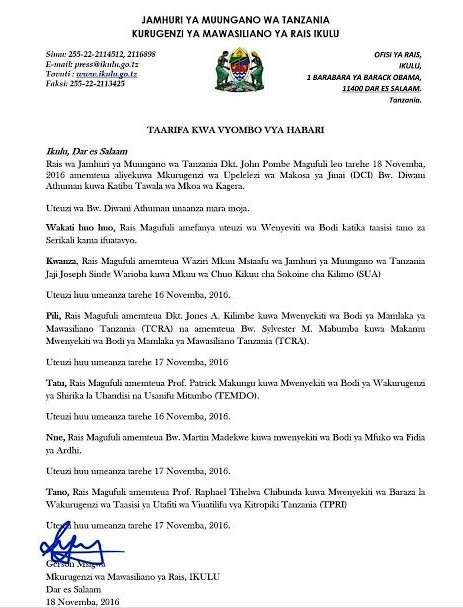How to keep yourself safe on Facebook
As it is obviously known that the Internet is now used by many people for different objectives, some people use intentionally for harming or disturbing others. It is very important for you to learn and apply the different ways for keeping your online experience secure. The more you surf without security proof, the more you give opportunities for scammers, hackers and other malware related activities to control you the way they want.
Facebook offers many ways for you to control the security levels for your Facebook activities (accounts, profiles, friendship interactions, etc). The following are the common and basic methods you should use to make sure your Facebook account and other related issues are well secured:
Don’t give out your Log In information
Since we basically know and believe that we cannot log in into any online accounts without having the log in information or details, you have to make sure that log in details are known only to you. Your facebook information, especially your primary e-mail, passwords and telephone numbers are regarded as sensitive information, and if they are known to unauthorized people, intentionally or accidentally you will be into risk of being either scammed or any other related actions.
Log in on an exact Facebook log in page
When you want to log in into your facebook account, make sure you are on the exact facebook log in page and not the scammer’s or hacker’s page. Try to double check the Page’s URL or web address on the address bar of your browser, and make sure it is https://www.facebook.com or facebook.com. Hacker’s have the ability to design a website that can look like facebook’s interface so that to fool some users and hook them easily.The only features which make these phishing web page differ from the Facebook's pages are the Web Addresses. For example the malware’s URL can be vvvvvv.facebook.com (note that there are nine Vs) instead of www.facebook.com. If your browser has been hijacked by malicious hacker’s, then it is possible that you can sometimes be redirected to the malware’s sites instead of facebook even if you typed the facebook’s address correctly. So be careful.
Update your browser as frequently as you can
Another way to keep your facebook account as well as yourself secure is to make sure you update your web or internet browser to the new versions that have the built-in security features. This will ensure the new security features are available in your browser and that they are strong enough to fight against malware’s invasions or trials in taking you into any risk.
Update your facebook account’s security information
Your facebook account’s security information such as Passwords, email addresses and mobile/telephone numbers have to be updated on the regular basis. This is aimed at ensuring restriction on unauthorized access and control on your facebook activities.It is possible that you have ever experienced a pop-up message while logging in into your facebook account, prompting you to update your facebook account’s security information. If you receive such a message in the future, just follow the few steps that will keep your account secure against fraudsters and scammers or phishing conducts.
Choose a unique and strong password
When you are signing up with facebook or changing your old password, you should consider picking a unique password or phrase that will be difficult for other individuals to guess and fetch it out. Note that facebook recommends users to use a combination of uppercase and lowercase letters, numbers and punctuation marks and the minimum number of characters for passwords should be 6, which means you can add as many characters as you prefer.Choose a simple password for you to remember once you are about to log in, but complex for others to discover it. Avoid implementing words or phrases that are easy to guess or easily found in dictionaries, such as your names, places, nicknames, etc.
Run a recently updated anti-virus software
It is recommended that you run antivirus software with recent updates on the regular basis. Don’t use an anti-virus because of its popularity, instead try to research and discover which one is the most effective in the current moment. This may protect your PC and your facebook experience, although not 100%.
Make sure your primary E-mail account is secure
If your E-mail account whose email address is used on facebook as a primary E-mail address is secure, it is possible that spammers and scammers will never get access to your facebook account. The failure to take security measures to your email account will provide a way for malware to trick you and invade your online activities especially on facebook, our main topic.
Remember to log out
If the PC you are using to surf the internet or access your facebook account is a public computer or mobile phone (it can be used by many people) such as at school or Caffee shop, you have to log out from your account and exit the browser you were using. You have also to uncheck the keep me logged in check box, so that anyone who will use that PC or phone will not be able to access your facebook account.
Paul Makonda aanza ziara ya siku 10 ndani ya jiji la Dar Es Salaam
November 19, 2016

Rais Magufuli afanya uteuzi wa wenyeviti wa bodi za mashirika ya hifadhi za jamii
November 19, 2016

Dr. Shein azindua wodi ya watoto na wazazi
November 19, 2016

Rais Magufuli ametengua uteuzi wa Mwenyekiti wa Bodi ya Wakurugenzi wa TRA
November 20, 2016




No comments:
Post a Comment